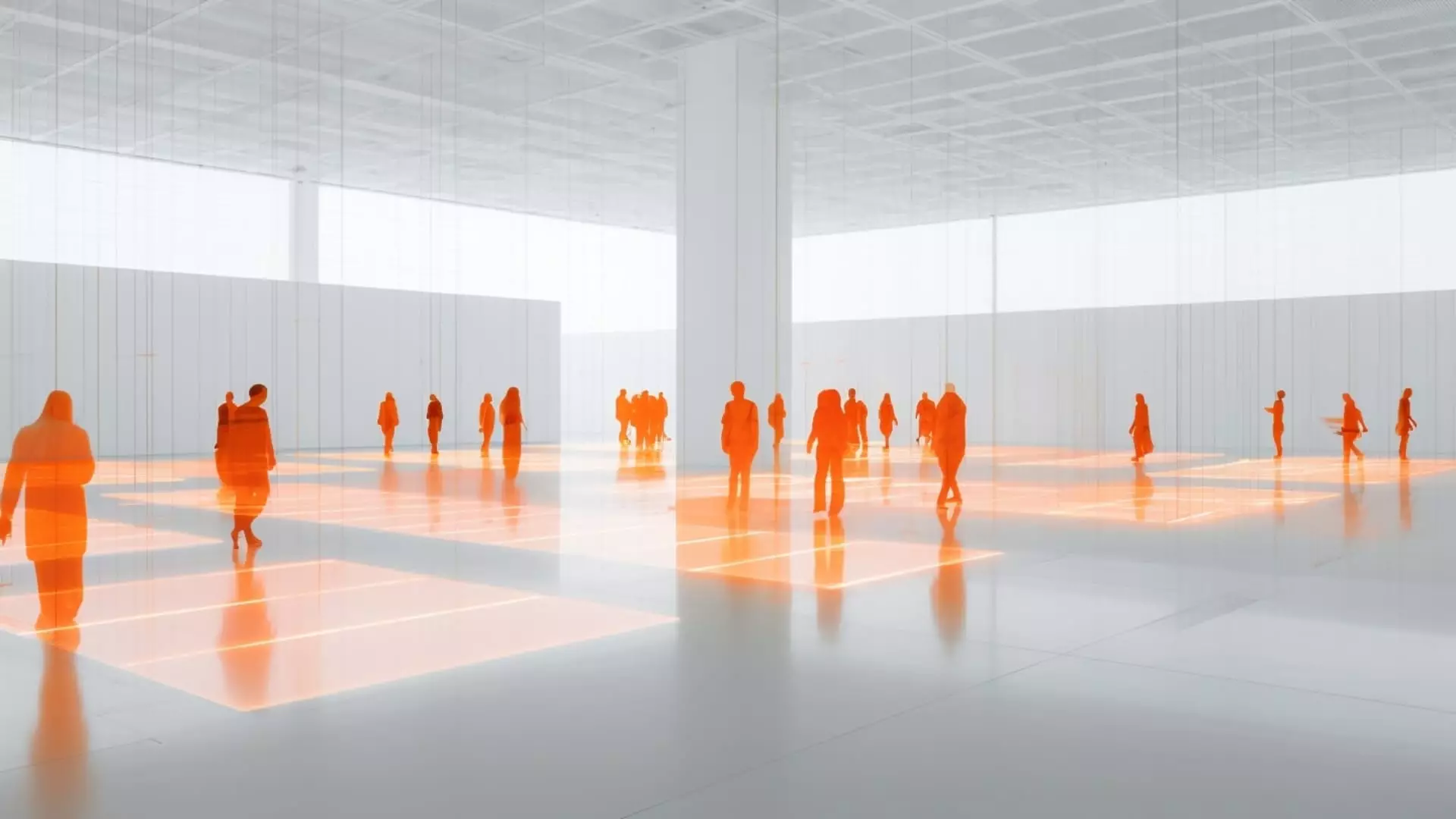The Illusion of Innovation: Why Real Estate Markets Cannot Rely on Shiny Tech gimmicks

In a world obsessed with the latest technological solutions, the narrative that innovations like body heat sensors and AI can completely transform office real estate is both overly optimistic and fundamentally flawed. While these tools claim to offer a new level of insight into employee behavior and space utilization, they risk masking a much deeper issue: the inertia of economic fundamentals and human preferences. Companies may trumpet their use of sophisticated sensors and data analytics, but at its core, they are merely scratching the surface of what sustainable and economically meaningful real estate transformation requires. Instead of superficial upgrades and technological band-aids, a rational assessment would acknowledge that the fundamental demand for prime office space is shaped by broader macroeconomic factors, corporate strategy, and cultural attitudes toward work, none of which can be fundamentally altered by heat sensors or occupancy algorithms.
The Mirage of Privacy-Preserving Surveillance
The touted advantage of systems like Butlr’s technology—privacy preservation—sounds promising on paper. However, it dangerously advances an illusion: that expanding surveillance under the guise of respect for privacy is ethically acceptable if it is “anonymous.” This perspective dangerously underestimates the social and cultural implications. As corporations increasingly rely on surveillance to optimize office layouts, the line between productive insights and intrusive monitoring blurs, potentially eroding trust and morale. Furthermore, as workers become more aware of being constantly analyzed, even anonymously, cynicism and resistance could grow, undermining the very productivity gains that these tools supposedly provide. A pragmatic approach recognizes that the best workplaces are built on trust and autonomy, not on covert data collection that could spiral into privacy invasions.
Costly Upgrades and the Illusion of the Future
The rising costs associated with office fit-outs and retrofits highlight another uncomfortable reality: real estate investment, especially in commercial property, is increasingly constrained by economic headwinds. The narrative that high-tech solutions will offset these costs by making spaces more efficient is overly simplistic. In reality, the projected savings or performance enhancements are often speculative and difficult to quantify convincingly. As raw material prices spike and labor shortages persist, companies find themselves locked into expensive commitments with uncertain payoffs. This economic environment severely limits the incentive to pursue long-term innovative alterations, pushing firms toward short-term cost containment rather than meaningful investments in their workspace. The risk here is that the allure of data-driven optimization distracts from the fundamental necessity of aligning office space strategies with resilient, pragmatic economic principles.
The Disconnected Promise of Flexible Work and Real Estate Reality
Many firms are clinging to the idea that flexible work arrangements and data can unlock a new era of workplace productivity. While this might sound appealing, it often disguises a disconnect from actual market dynamics. The return of employees to the office is less a mandate from technological validation than a response to evolving corporate cultures and competitive pressures. The false premise is that data, no matter how sophisticated, can substitute for genuine engagement and strategic clarity about what work truly benefits from physical proximity. Meanwhile, the commercial real estate market remains wary—hesitant to invest heavily in spaces that may become obsolete amid fluctuating demand. Frantic reliance on digital dashboards and sensor data to justify investments risks ignoring the more essential human and economic factors that ultimately determine the health of the real estate sector.
The Realms Beyond the Hype
Despite hefty funding rounds and ambitious claims, companies like Butlr merely serve as symptom relievers for deeper structural challenges in the real estate market. Technology can facilitate the collection of data, but it cannot force a market to grow or a corporate culture to fundamentally change. The obsession with “smart spaces” often obfuscates the fact that making workplaces more appealing or cost-efficient requires a broader strategic vision grounded in economic realities, not just shiny sensors and algorithms. Ultimately, the promise of tech-driven transformation will fall short if it ignores the core issues of inflation, labor market dynamics, and shifting cultural attitudes against the future of office life. Only when real estate strategies are rooted in pragmatic policies, responsible investments, and an understanding that human preferences cannot be engineered by data alone will the market truly evolve towards resilience and authenticity.





